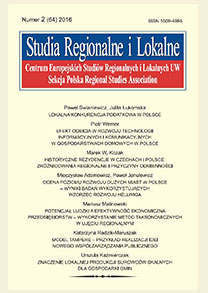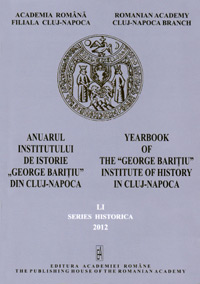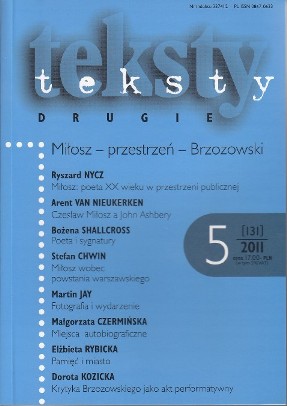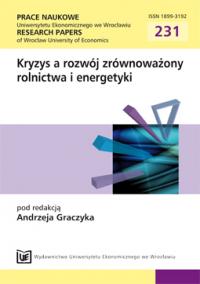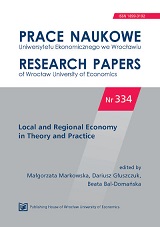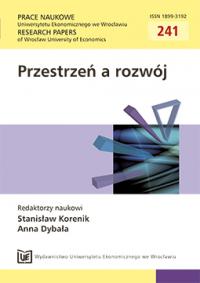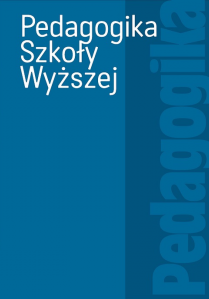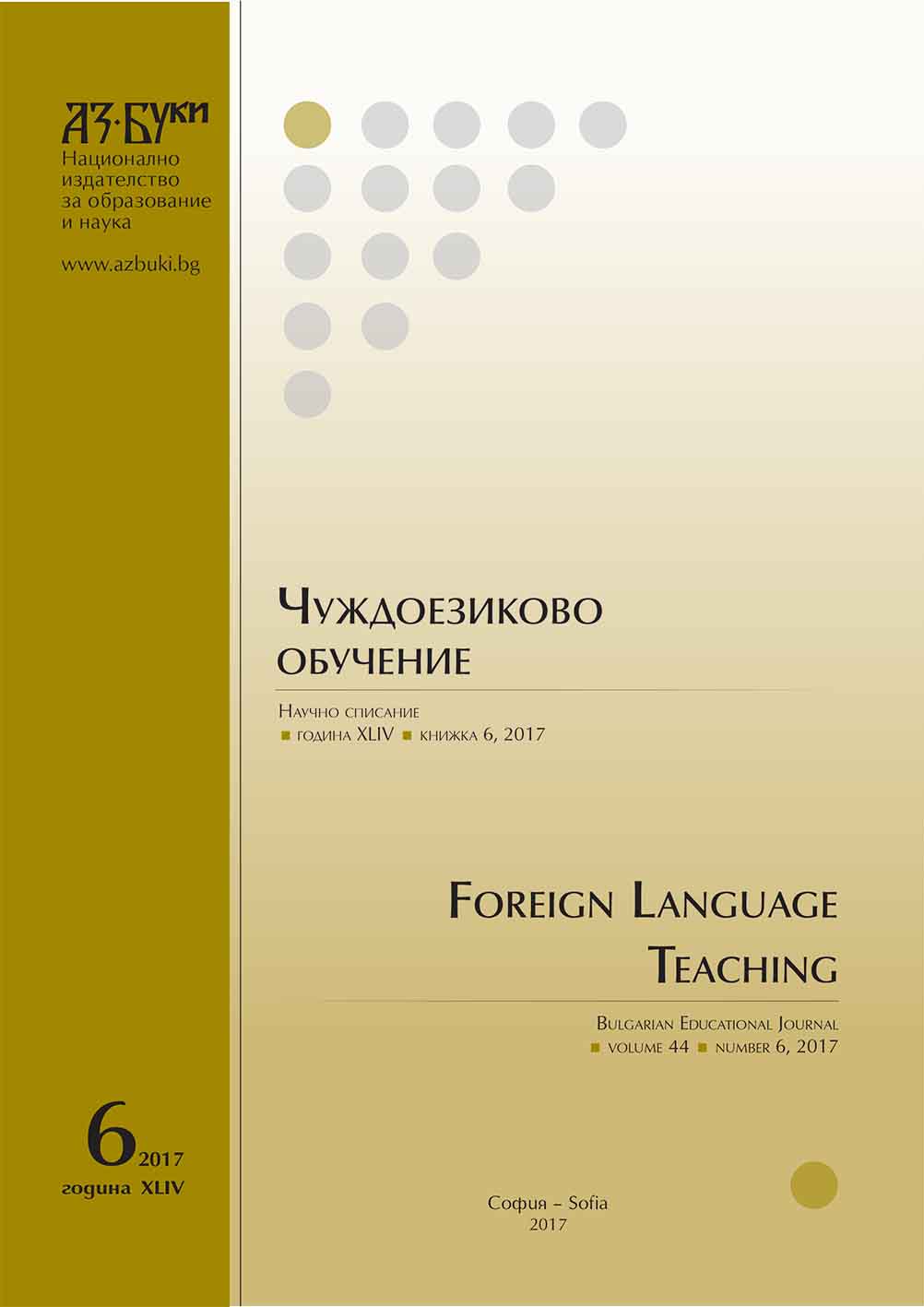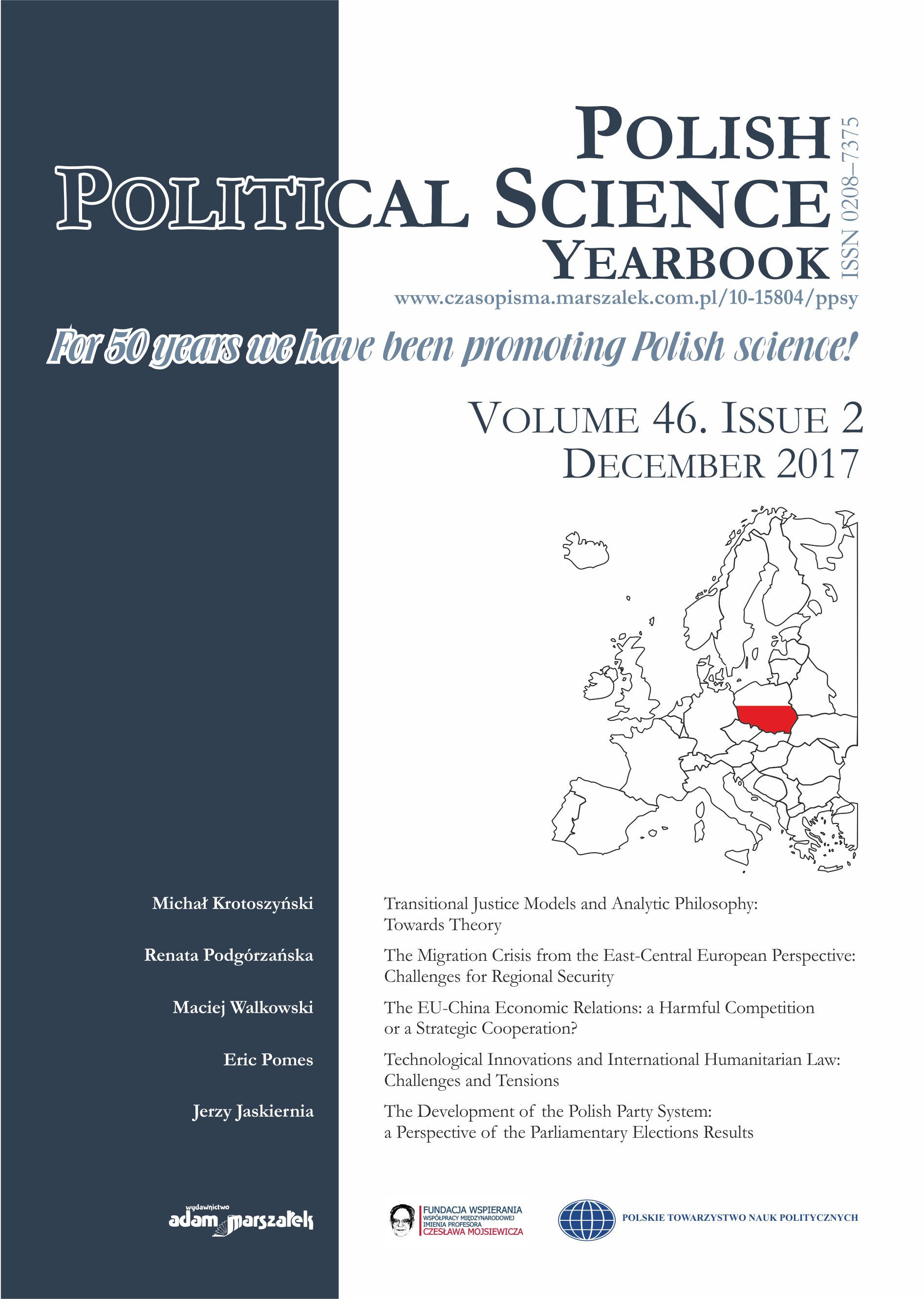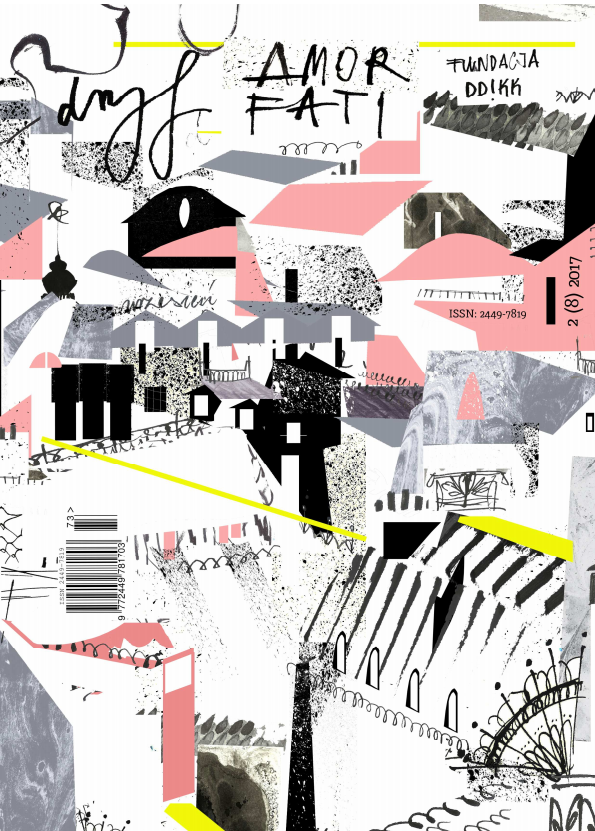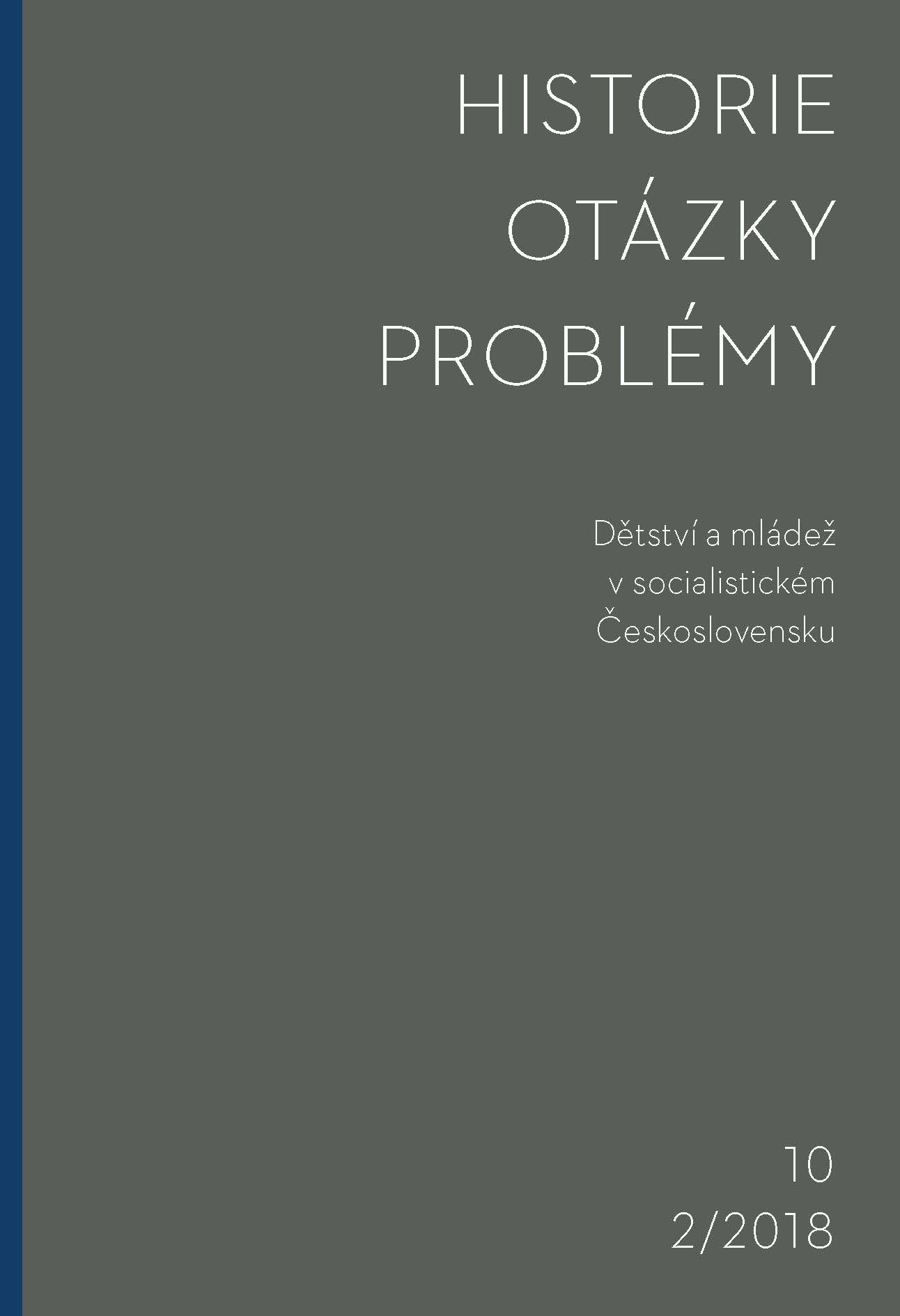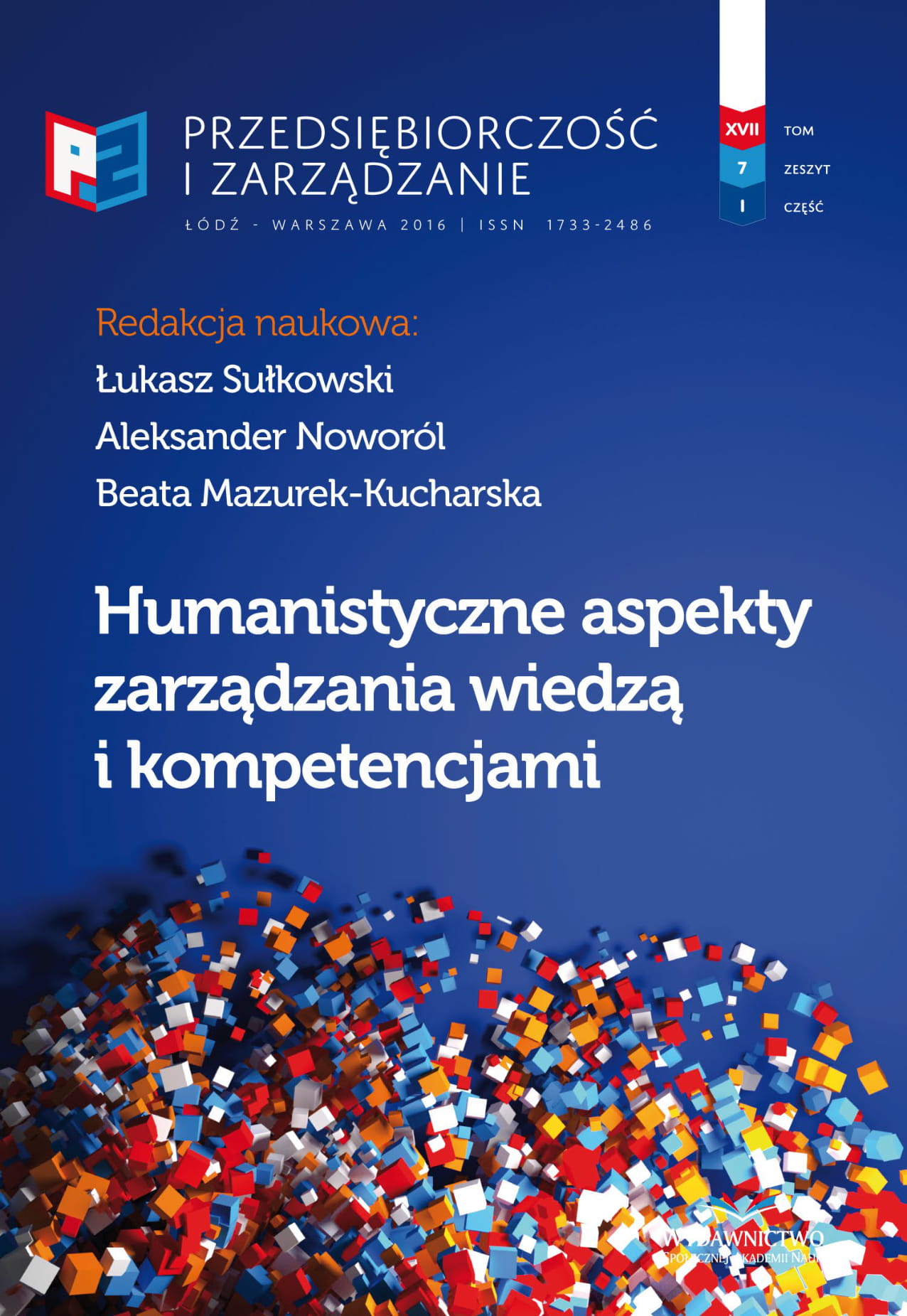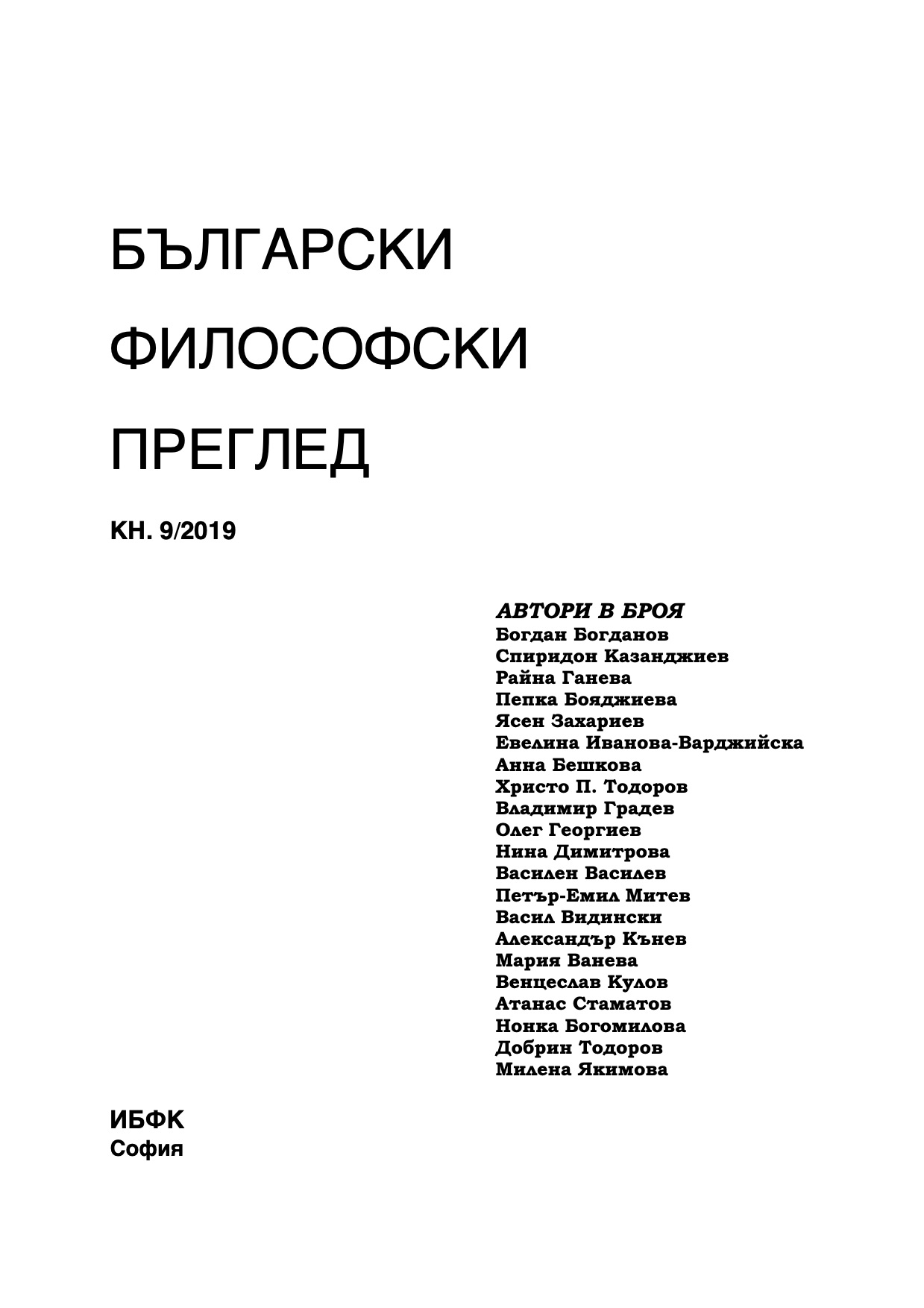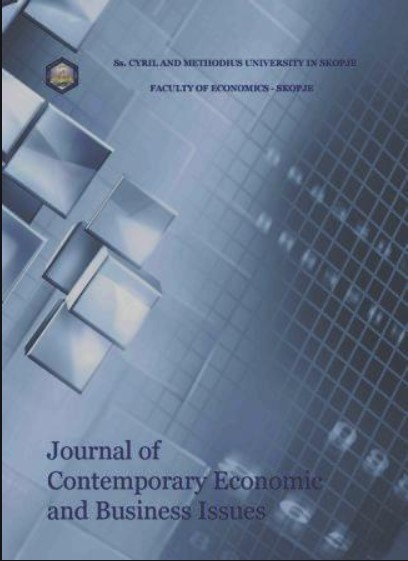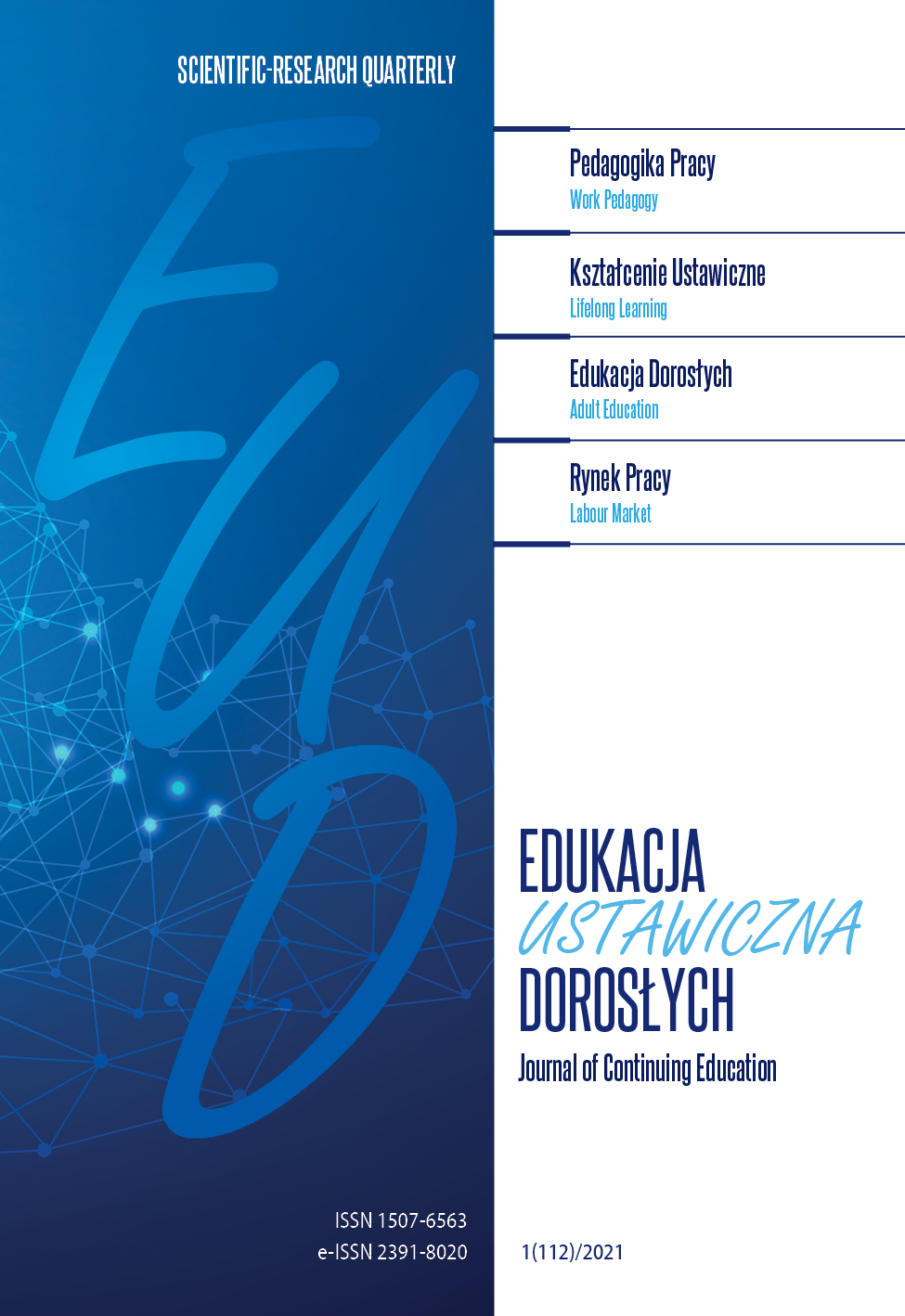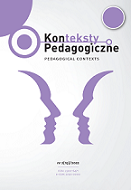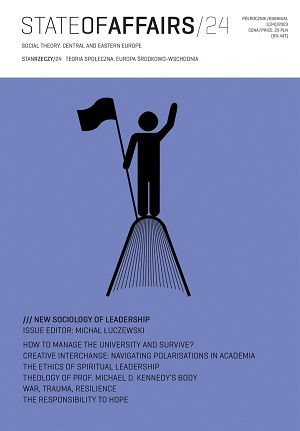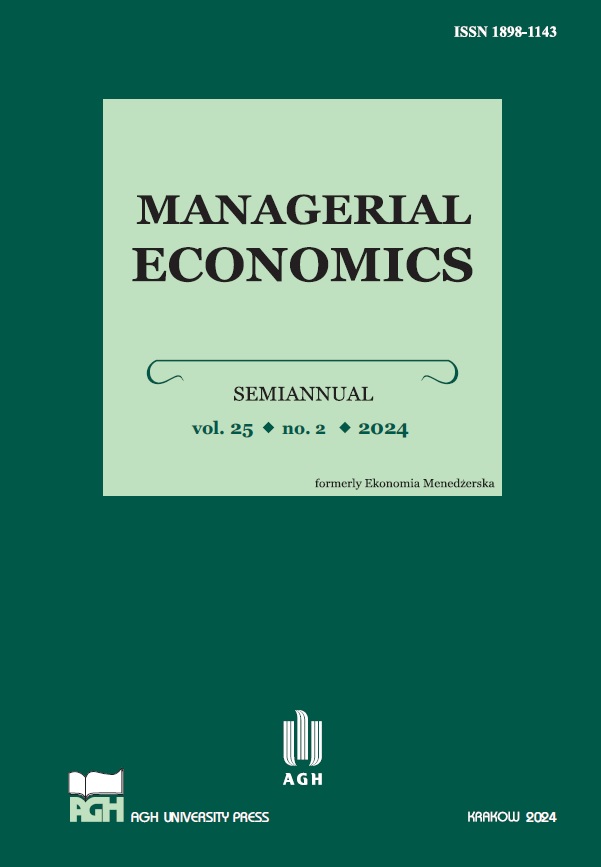Inter-ethnic relations in Silesia (From the results of sociological research arranged by the Silesian Institute of SZM in Opava)
Author(s): Oľga Šrajerová / Language(s): English
/ Issue: 1/2017
Keywords: Silesia; Interethnic relations; National consciousness;
Silesia has never constituted a consistent and stable state or territorial administrative unit; it has been a traditional object of international and inter-state relations, a subject of international confrontation. The area of our research is Czech Silesia, the third historical land of the Czech Republic, lying along the borders with Poland and representing a traditionally ethnically mixed area. The cornerstones of its today’s ethnic structure are the Czechs, the Poles, the Slovaks and less numerous groups of Germans, Hungarians, Ukrainians and Romani. The ethnic mixture of the area anticipates the relations of people of different ethnic groups in various life situations at different levels - personal relations in everyday life in the families, relations with friends and neighbours, inter-group relations at the working process with the colleagues, relations at cultural, social and leisure activities. The question of national consciousness, the mother tongue, the legal status of ethnic minorities and their perception by the majority, the questions associated with bilingualism in the region of Těšín, as well as opinions on the homeland, etc., form an integral part of this issue. We paid attention to this extensive range of issues within our sociological research. We focused on the issues of Silesian identity and the collective memory of the inhabitants of the region of Silesia, which we conducted in the Silesian Institute SZM in Opava, within the project of National and cultural identity (NAKI) from 2011 to 2015.The results of these extensive sociological research was an important source of information during the preparation of the submitted study. The study examines interethnic relations in the ethnically mixed area of Czech Silesia. The study introduces the ethnic composition of the researched region in the past and the present. We were interested in the national composition of both the respondents of our survey and their families. We looked closer at the ethnic heterogamy, the questions of national consciousness and the issue of the mother tongue. The study also tracks the cultural and social life of Silesian citizens of different nationalities. The main attention is paid to the issues of interethnic relations between the citizens of different nationalities, mostly to the relation between the Czech majority and the ethnic minorities – Polish and Slovak. As an ethnically mixed region, Silesia is very interesting for its complex of mutual interethnic relations, so we can investigate the contacts between the people of different nationalities at various levels – families, friends, neighbours, workplace, etc. The co-existence of people of different nationalities conditions the formation of the relations of the local inhabitants to their region and to the issues associated with the above-mentioned coexistence. Our research revealed that the people from Silesia are able to accept and to reflect the fact that they live in an ethnically mixed area. The extent, into which they accept the inhabitants of different nationalities, seems to be a significant aspect of the interethnic relations. The ethnic diversity of the region of Silesia determined not only the relationships between the inhabitants themselves, but also towards the region - formation of the regional identity. It was different with the original inhabitants who realized the specificity and diversity of this area from the other parts of the Czech Republic, and different it was with the inhabitants of the immigrant origin with whom the relationship to the region was formed gradually and did not have such intensity as with the original inhabitants. Compared to the pre-war period, the ethnic structure of the population of Silesia is homogeneous, but is still highly varied. The Czech and Polish (exceptionally also German) original inhabitants live here. The immigrants are mostly the Czechs, but also the Slovaks and the Romani, and there are also small groups of the Hungarians, the Greeks, the Bulgarians, the Romanians, the Rusyns and members of other nationalities. This factor is reflected in the ethnic relations between the inhabitants of this region. Some of them lived in ethnically mixed families, which significantly determines the choice of national affiliation of their children, as well as the linguistic communication and the formation of language consciousness. They often used the bilingual linguistic communication. They were also interested in the culture of other ethnic minorities living in Silesia; they are bi- or multi-cultural. Some of them are actively involved in the cultural and social life of the ethnic minorities. They also encountered members of other nationalities, in public places or at the workplace, and their friends were of other nationalities as well. Regarding the inter-ethnic relations, the respondents of our research put main emphasis on personal qualities rather than ethnic affiliation. A crucial role in the formation of national identity and the mother tongue was attributed to their parents. A vast majority of the surveyed inhabitants of Silesia were not only aware of the ethnic heterogeneity of the region they lived in and oriented themselves well in it, but they had quite a tolerant approach to it, they did not mind it and, on the contrary, they considered it as a significant enriching aspect. Greater tolerance to the ethnic mixture was traditionally shown by the members of the ethnic minorities rather than the members of the Czech majority. Reservations regarding the inhabitants of other ethnic groups were pointed most often to the Romani for their maladjustment. Also, the situation in the relations between the people of different nationalities in Silesia after 1989 was rated by the participants our research as good. Generally, based on the research findings, we can conclude that Silesia, as an ethnically mixed region, is very interesting for its complexity of interethnic relations, so we can investigate the contact between people of different nationalities at various levels – families, friends, neighbours, and workplace. The co-existence of people of different nationalities conditions the formation of the relations of the local inhabitants to their region and to the issues associated with the above-mentioned co-existence. Our research revealed that the people from Silesia are able to accept and to reflect the fact that they live in an ethnically mixed area and the extent, into which they accept the inhabitants of different nationalities, seems to be a significant aspect of the interethnic relations.
More...
